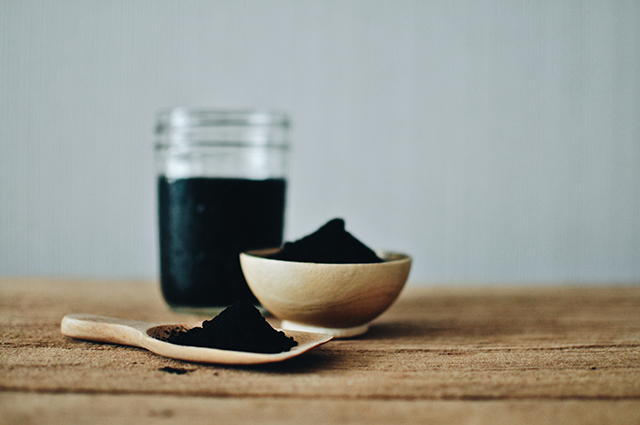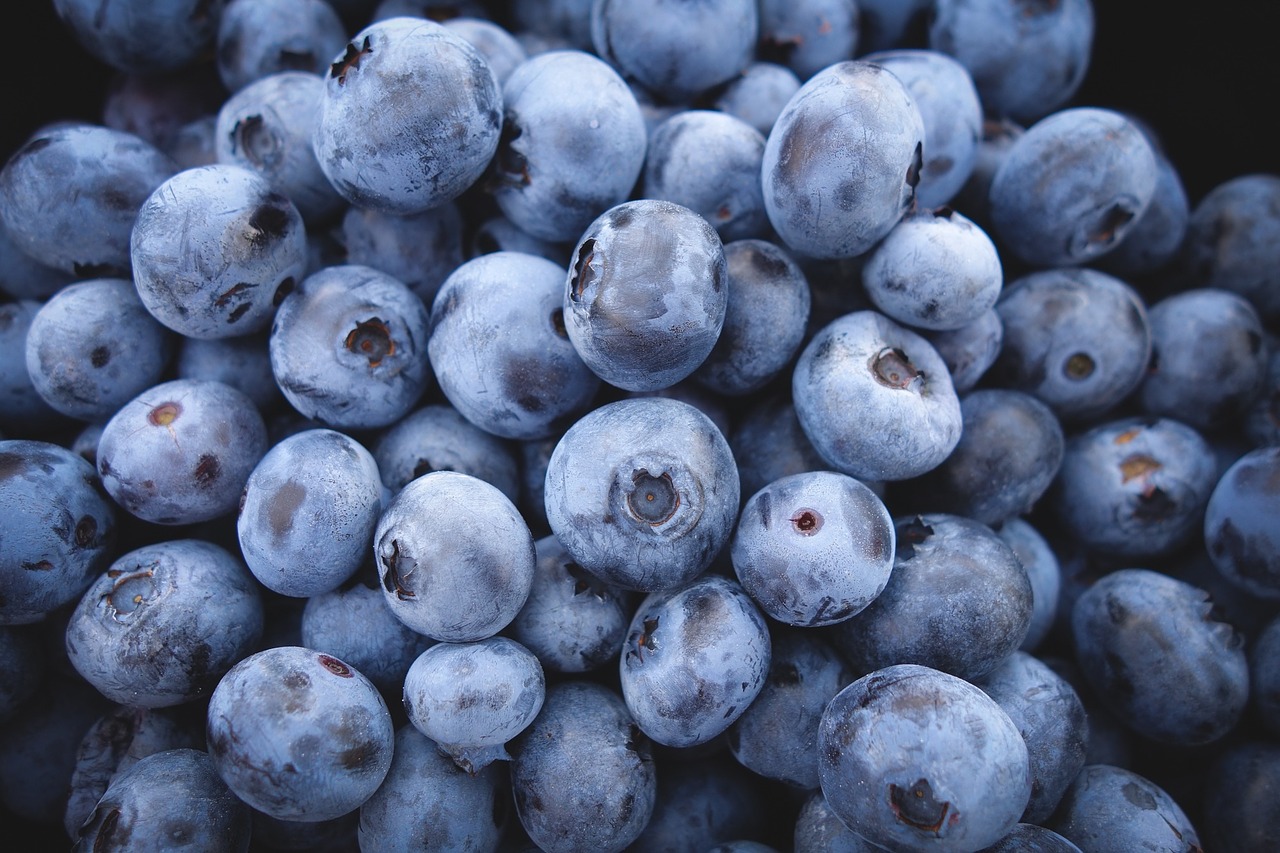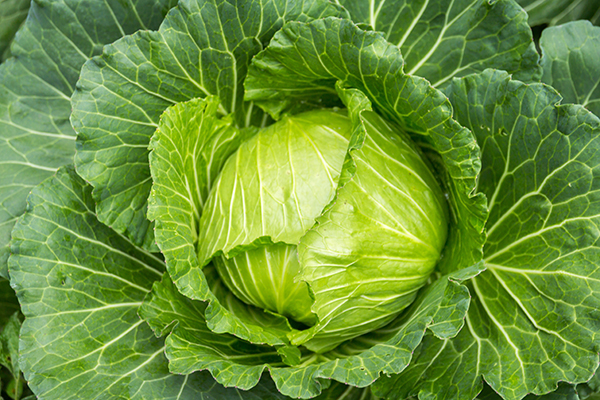Cauliflower: A nutritious vegetable with incredible health benefits
08/29/2024 / By Olivia Cook

Cauliflower, also known as “flowering cabbage” and a member of the cruciferous vegetable family from the genus Brassica oleracea, has been gaining popularity recently thanks to its flexibility in recipes and impressive health benefits backed by science.
Listed below are some of the reasons why you should consider adding this fantastic vegetable to your family’s meals.
Packed with essential nutrients
Cauliflower is rich in almost every nutrient your body needs to stay healthy. It offers a wide range of vitamins, including A, C, D, E, K and a whole host of B vitamins.
Beyond vitamins, cauliflower is also loaded with essential minerals, such as calcium, copper, fluoride, iodine, iron, magnesium, phosphorus, potassium, selenium sodium, sulfur and zinc – all of which play crucial roles in maintaining optimal health. Just 100 grams of cauliflower can give you 25 percent of your daily vitamin K needs and all the vitamin C you require for the day.
Additionally, cauliflower is naturally free of cholesterol and fats and it is low in calories – making it a healthy swap for higher-carb foods, like potatoes and rice. (Related: Cauliflower’s range of nutritional benefits are numerous and long-lasting.)
A great source of choline
Cauliflower is also a great source of choline, a nutrient that many people lack because it is not abundant in most foods. A single cup of cauliflower contains about 45 milligrams of choline, which is approximately 11 percent of the daily recommended intake for women and eight percent for men. Choline is vital for several bodily functions, including maintaining cell structures, supporting the nervous system and aiding in DNA synthesis and fat metabolism.
Boosts your immune system
Cauliflower, like vegetables in the cruciferous family, is rich in sulfur, which plays a key role in promoting a healthy gut and enhancing the immune system. Sulfur helps produce glutathione, an important and powerful antioxidant that protects your cells from inflammation and supports the repair and regeneration of the gut lining. A healthy gut is essential for a strong immune system, making cauliflower a great choice for supporting optimal overall health.
Helps prevent cancer
Cauliflower is packed with sulforaphane, an extremely powerful antioxidant known for its potential to combat various types of cancer, such as bladder, breast cancer, cervical cancer, leukemia, lung cancer, melanomas, ovarian cancer, pancreatic cancer and prostate cancer.
This compound works by inhibiting certain enzymes that contribute to the growth of cancer cells and tumors. The vegetable also contains isothiocyanates, which have properties that may reduce cancer risk by blocking estrogen activity and providing chemopreventive benefits, like preventing the growth of cancer cells.
Promotes heart health
The sulforaphane in cauliflower can help lower blood pressure and improve the condition of your arteries–both of which are key factors in preventing heart disease. Researchers believe that sulforaphane benefits heart health by enhancing DNA methylation, which is vital for normal cellular functions and gene regulation–especially in the delicate lining of the arteries (endothelium). Healthier arteries contribute to better heart function and a stronger heart.
Cauliflower’s vitamin K content plays a role in proper blood clotting – reducing the risk of excessive bleeding from injuries.
Moreover, cauliflower contains glucoraphanin, which is converted into isothiocyanates in the body. These compounds help reduce inflammation and prevent the buildup of lipids (fats) in the blood vessels – promoting smooth blood flow and reducing the risk of conditions, like atherosclerosis, which contributes to overall cardiovascular health
Supports digestive health
Cauliflower is a great source of fiber, with about two grams of fiber per 100 grams. It contains both soluble and insoluble fiber, which are key to maintaining a healthy digestive system. Insoluble fiber doesn’t dissolve in water; instead, it helps move food and waste smoothly through your digestive tract by adding bulk to your stool – promoting regular bowel movements. Meanwhile, soluble fiber dissolves in water and forms a gel-like substance which slows down digestion and keeps you feeling full longer.
Cauliflower also contains compounds like glucoraphanin, glucosinolate and sulforaphane that protect the lining of your stomach. These compounds help prevent the growth of Helicobacter pylori bacteria, which can harm your stomach and intestinal tissues – leading to inflammation, pain and, in some cases, peptic ulcers in the upper digestive tract.
Choosing and storing cauliflower
When buying cauliflower, choose heads with firm and tight curds (florets) and bright green leaves that are firmly attached. Avoid any heads that have brown spots or those that look loose and spread out.
You can buy whole heads of cauliflower and cut them into florets yourself at home or opt to buy pre-cut florets for convenience, Be aware that cauliflower wrapped in plastic can retain moisture, which can lead to faster spoilage. To keep cauliflower fresh longer, remove the wrapping and store them in loosely sealed bags with a paper towel to absorb moisture. Whole heads of cauliflower can last in the refrigerator for about four to seven days.
To add some variety to your meals, consider trying different colors of cauliflower, such as green, orange or purple, which can brighten up your salads, side dishes and snacks.
Know the lesser-known facts and health benefits of cauliflower in the video below.
This video is from the Daily Videos channel on Brighteon.com.
More related stories:
Sulforaphane: Are you getting enough of this healthy compound?
Excessive consumption of BAD CARBS increases risk of CANCER.
Live longer and increase your health span with these superfoods.
Sources include:
Submit a correction >>
Tagged Under:
cauliflower, choline, cruciferous vegetables, digestion, food cures, food is medicine, food science, health science, heart health, immune system, natural cures, natural health, natural medicine, nutrients, organics, phytonutrients, remedies, veggie
This article may contain statements that reflect the opinion of the author
RECENT NEWS & ARTICLES
Digestion.News is a fact-based public education website published by Digestion News Features, LLC.
All content copyright © 2018 by Digestion News Features, LLC.
Contact Us with Tips or Corrections
All trademarks, registered trademarks and servicemarks mentioned on this site are the property of their respective owners.



















